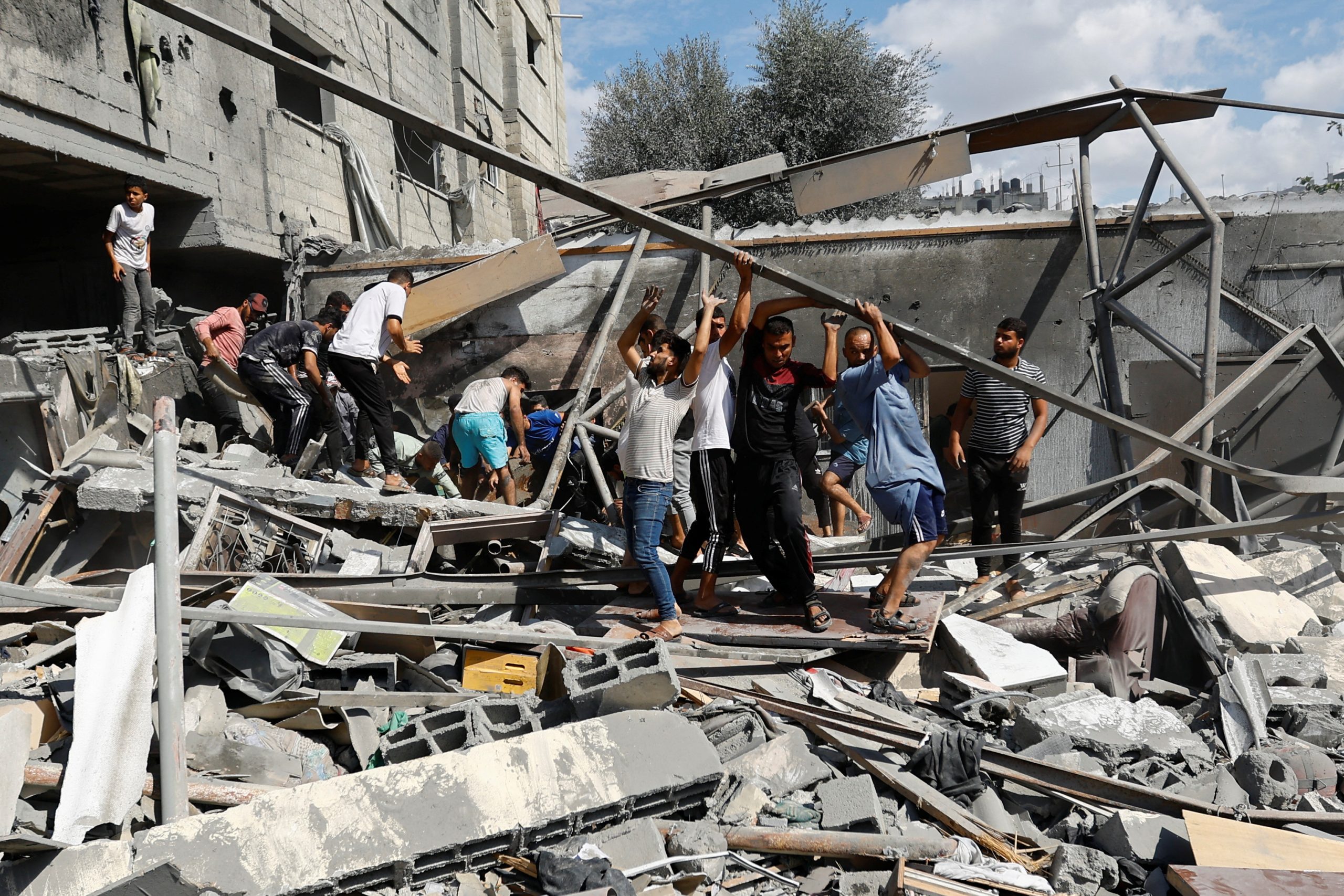In Gaza, thousands of people have gone missing amidst the chaos of conflict. From teenagers selling cigarettes to rising singers and local engineers, individuals from all walks of life have disappeared. Some vanished under the rubble of airstrikes, while others were detained at Israeli checkpoints while fleeing or attempting to return home.
Families desperate for answers search hospitals and contact hotlines established by organizations like the International Committee of the Red Cross (ICRC). They share photos online, hoping for any information about their missing loved ones.
Between October and February, the ICRC received reports of 5,118 Palestinians missing in Gaza. However, families struggle to find closure, with only a few cases resulting in reunions or information about their relatives’ fate. The uncertainty surrounding the whereabouts of their loved ones is agonizing, surpassing the pain of knowing whether they are alive or dead.
The conflict between Israel and Gaza, characterized by airstrikes and ground operations, has led to extensive casualties, with the Gaza Health Ministry reporting over 31,000 deaths. However, precise figures are difficult to ascertain due to the destruction of infrastructure and limited access to affected areas.

The Israel Defense Forces (IDF) estimate that they have targeted between 11,500 and 13,000 militants, aiming to dismantle Hamas’s presence in the enclave.
The lack of systematic efforts to account for the missing exacerbates the anguish of families. Despite ongoing conflicts, initiatives to document the deceased and missing individuals have only recently begun. The Gaza Health Ministry initiated a Google form to collect information about the dead and missing after five months of war.
Many families suspect that their loved ones were detained by Israeli forces during the conflict. Reports indicate that hundreds of Gazans, primarily men, have been detained since October, with Israeli authorities withholding information about their status. Humanitarian organizations, including the ICRC, have faced obstacles in accessing detention centers and providing assistance to affected families.
Amidst the turmoil, stories of reunions offer glimmers of hope. Families recount nerve-wracking experiences of separation and eventual reunification amidst the chaos of war. However, for every reunion, there are more individuals who remain missing, leaving their families haunted by unanswered questions and uncertainties about their fate.


